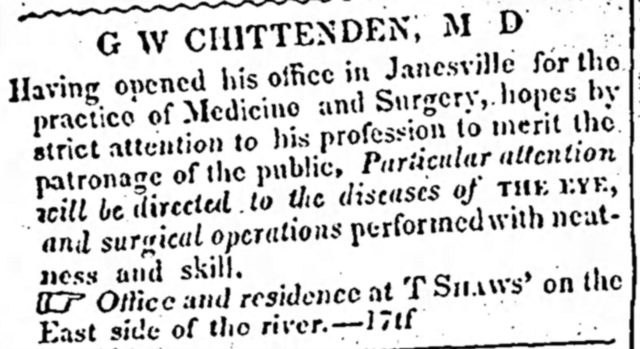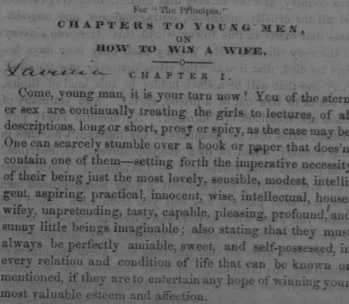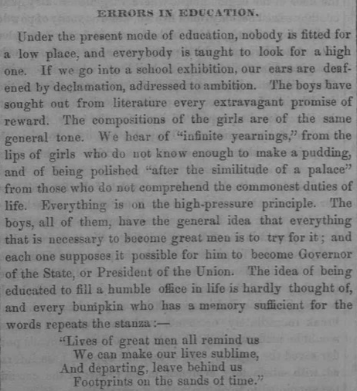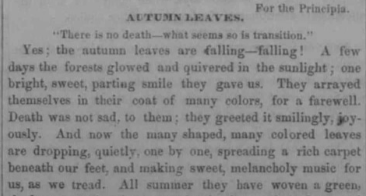“Have a character! Mean something.”
Lavinia Goodell, April 21, 1860
In the second chapter of her series- published the Principia – imparting advice on how young men could win a wife (read about the first chapter here), twenty year old Lavinia Goodell continued her theme that if a young man expected to attract a prospective spouse of high character, he would need to convince the young woman that he was worthy of her. She began:

Lavinia continued, “Do you dream of a gentle, pure, thoughtful maiden, she dreams of a strong, noble, whole-souled man. Be a man, then, if you would win a woman. Have some manliness, and act it out.”
Continue reading →



















